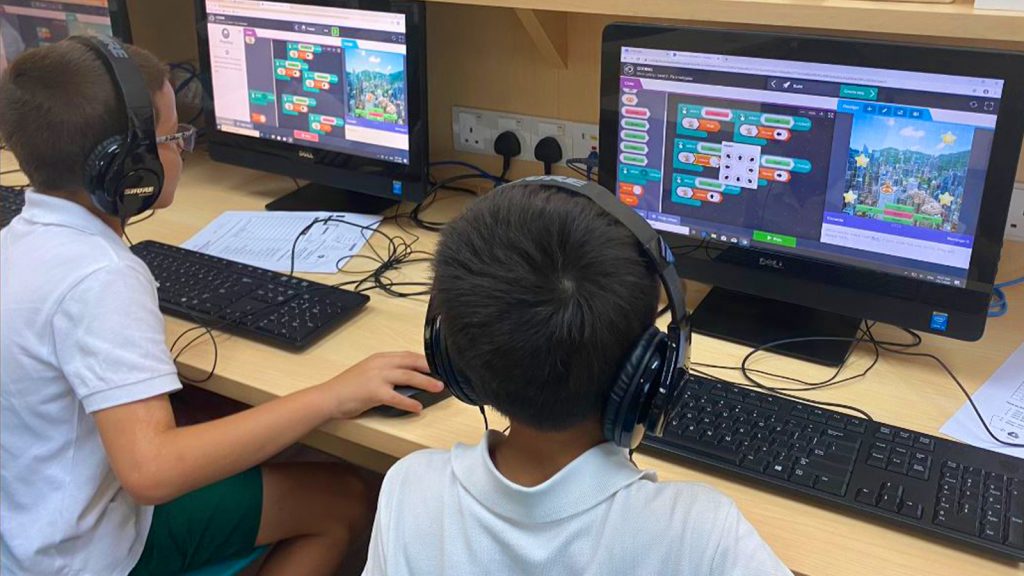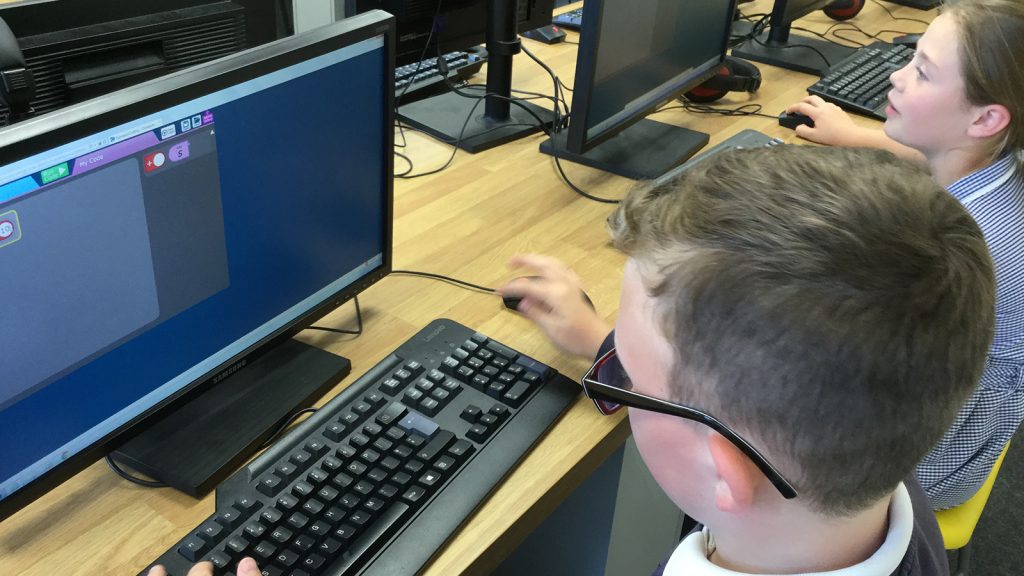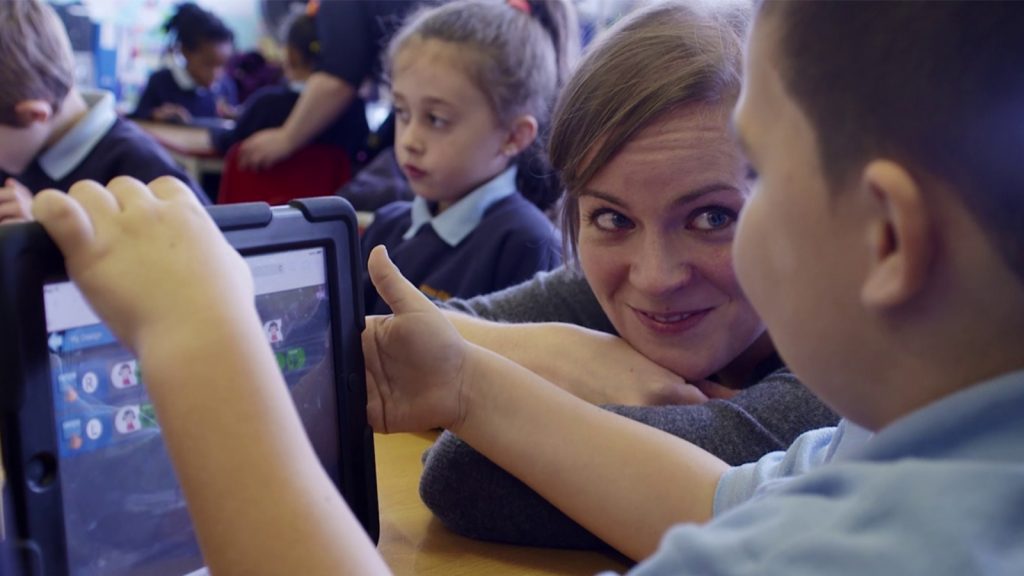A whole school programme for primary RSHE

Lee Chapel Primary School in Basildon uses Discovery Education Health and Relationships to teach PSHE. Assistant Head Shiv Chetty shares how the programme supports teachers to deliver the new curriculum, while helping pupils to understand their rights and responsibilities.
Health and Relationships: Teaching RSHE with Discovery Education

Broadgreen Primary School uses Discovery Education’s Health and Relationships programme to deliver the new RSHE curriculum. Assistant Headteacher Suzanne Evans shares how the resources have helped the school to prepare for curriculum change and teachers to deliver with confidence.
Complete support for primary RSHE

St Margaret’s CE Primary School uses Discovery Education Health and Relationships to deliver the new RHE curriculum. Deputy Headteacher Sam Winton explains why the scheme provides complete support and is popular with teachers and pupils alike.
Teaching the new RSHE curriculum with Discovery Education Health and Relationships

Excalibur Primary School uses Discovery Education Health and Relationships to teach the new RHE curriculum. Assistant Headteacher Daniel Hancock shares how the resources keep pupils engaged and help teachers to meet the new statutory guidance.
Supporting RSHE in the classroom and at home

Andrea Taylor explains how the school is using the programme to support blended learning and to help teachers to meet the new RHE curriculum requirements.
Planned progressive RSHE

Preston Primary School in Norwich uses Discovery Education Health and Relationships to teach RSHE. Victoria Braddock explains how the programme helps teachers to confidently deliver the new curriculum while building upon children’s learning.
Engaging parents with RSHE

Oswestry School in Shropshire uses Discovery Education Health and Relationships to deliver the statutory RSHE Curriculum. Head of Prep School Claire Belk shares how the programme gives teachers complete support, especially when it comes to engaging parents.
Primary computing for British international schools

Computing Specialist Catherine Archer explains how the platform helps students to build vital skills and supports blended learning during the COVID-19 pandemic.
Learning to code with purpose

Hannah Tudor, Headteacher of St Mary of Charity Primary School in Kent shares her experience of teaching with Discovery Education Coding.
Helping every child achieve with Discovery Education Coding

Martyn Ode, Level 3 Teaching Assistant and Computing Lead at St Oswald’s Catholic Primary School in Wigan, shares his experience of teaching with Discovery Education Coding.


